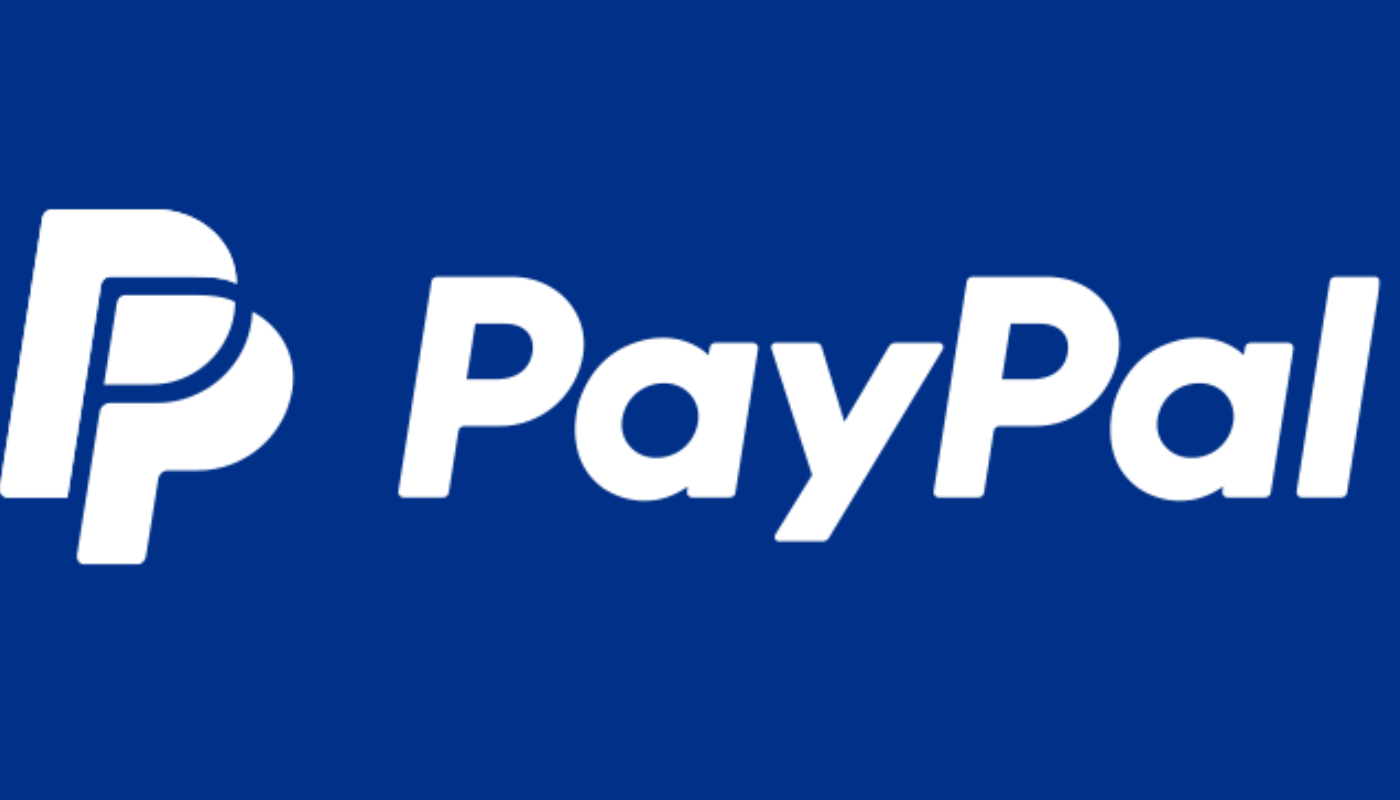Paypal Launches New Crypto Features for U.S. Business Accounts, Catering to Demand
Please note that we are not authorised to provide any investment advice. The content on this page is for information purposes only.
Paypal has announced a new cryptocurrency feature tailored for U.S. business accounts, allowing merchants to buy, hold, and sell crypto.
The move aims to meet rising business demand for digital currency capabilities, continuing PayPal’s foray into the crypto space. However, this service is not yet available to merchants in New York.
Breaking: @PayPal enables business accounts to buy, hold, and sell crypto.
Functionality includes transferring coins to self-custodied wallets.
And you're bearish, sir or madam? pic.twitter.com/0E7Da6RZf3
— goodthings ▣⚡️BIP-420 (@Goodthings) September 25, 2024
Paypal Expands Crypto Functionality for U.S. Businesses
On Wednesday, PayPal unveiled its latest initiative, enabling U.S. business account holders to buy, hold, and sell cryptocurrency directly from their PayPal accounts.
This feature marks a significant expansion of PayPal’s crypto services, which were previously limited to individual users.
💥BREAKING💥
PayPal enables US businesses to buy, sell, and hold #crypto pic.twitter.com/qQh4ATqNIE
— Quinten | 048.eth (@QuintenFrancois) September 25, 2024
Jose Fernandez da Ponte, Paypal’s senior vice president of blockchain, confirmed that the company introduced this feature in response to growing demand from merchants for crypto capabilities similar to what consumers enjoy.
“Business owners have increasingly expressed a desire for the same cryptocurrency capabilities available to consumers,” said da Ponte.
The feature extends beyond just buying and holding cryptocurrencies. Business account holders can now transfer crypto externally to third-party wallets on-chain, giving them more flexibility in handling digital currency transactions.
This could be a major advantage for companies dealing in cross-border payments or wanting to diversify their financial holdings.
Integration with Solana Blockchain Boosts Flexibility
Paypal has steadily ramped up its involvement in cryptocurrency over the past few years, adding new features and platforms to enhance users’ experiences.
In 2023, PayPal launched its stablecoin, Paypal USD (PYUSD), designed to offer greater liquidity and ease of transactions.
To further its expansion, PayPal integrated PYUSD with the Solana blockchain earlier this year, a strategic move to offer faster and more affordable transactions.
With #Solana, on-chain programs are designed for flexibility. 🔄 The 'upgrade authority' lets you modify programs as needed. Want to lock it down? Revoke the authority and make it immutable. 🔐 Stake $SOL with #UbikCapital and support a network that balances innovation with… pic.twitter.com/ckP0dhfxTM
— Ubik Capital (@ubikcapital) September 23, 2024
Solana’s high throughput and low fees make it an attractive choice for businesses looking to leverage blockchain technology without incurring high costs.
PYUSD’s integration with Solana is part of Paypal’s broader push into digital currencies, following the release of its crypto-buying service on Venmo in 2020 and its international money transfer platform Xoom, which recently incorporated fee-free transfers using PYUSD.
Not Yet Available in New York
Despite these advancements, the new crypto feature for businesses has not yet been rolled out in New York State, likely due to stricter regulatory requirements.
Paypal has not provided a specific timeline for when the feature will be available to businesses in New York but is expected to work through regulatory hurdles in the coming months.
Conclusion
Paypal’s introduction of cryptocurrency services for U.S. businesses is a major step in aligning with the growing demand for digital currencies in the business world.
With the addition of on-chain transfers and stablecoin integration, PayPal continues to position itself as a leader in the evolving digital payments space.
Businesses looking to diversify their financial strategies or streamline cross-border payments could find these new features particularly useful, especially as Paypal expands its capabilities to meet market demand.






